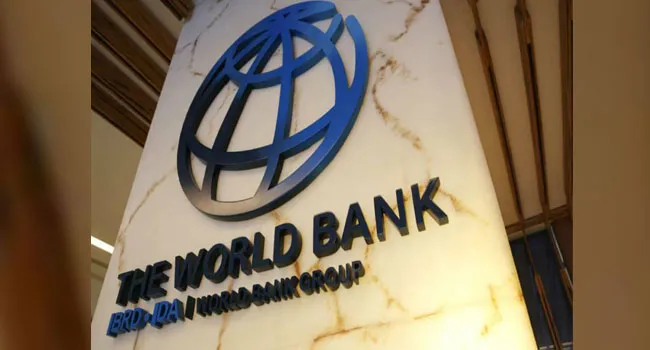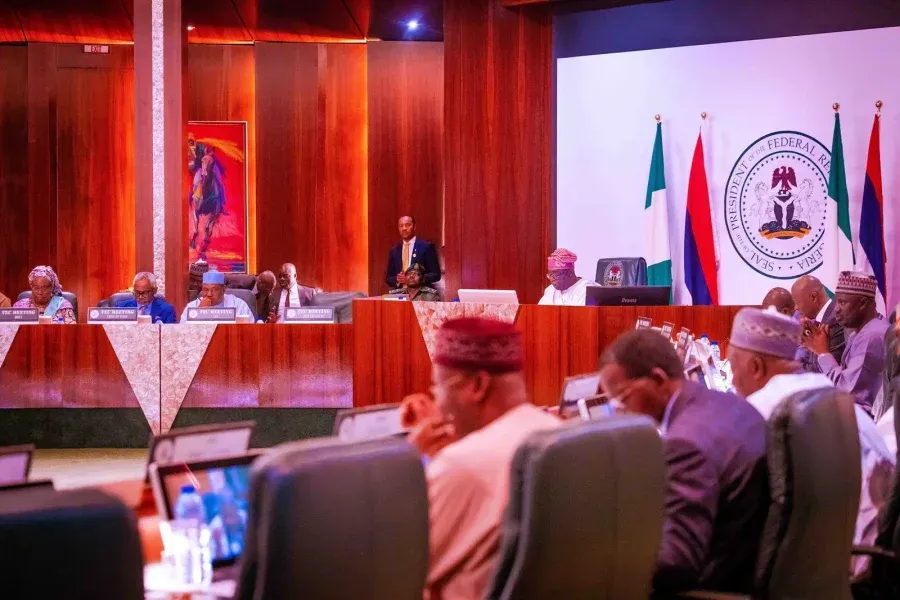The International Monetary Fund (IMF) has advised the Nigerian government to completely phase out electricity subsidies, following its recommendation to remove fuel subsidies earlier in May 2023. This suggestion comes amidst the economic strain Nigerians are facing due to the fuel subsidy removal.
In its recent ‘Post Financing Assessment (PFA)’ report, the IMF acknowledged the difficulties experienced by the Nigerian populace and proposed that achieving macroeconomic stability should involve eliminating both fuel and electricity subsidies. The report points out the substantial financial burden of these subsidies and stresses the necessity for Nigeria to navigate its economic challenges towards fostering sustainable and inclusive growth.
Commending the Nigerian government’s efforts in reforming economic policies through the elimination of fuel subsidies and the unification of exchange rates, the IMF emphasized the need for further actions to secure economic stability. It highlighted the adverse effects of external financing shortages and the global rise in food prices on Nigeria’s economic growth, poverty levels, and food security.
To counter these economic challenges, the IMF recommended enhancing revenue collection, advancing digital transformation, and tightening monetary policy. It also advised on reducing the fiscal deficit in 2024 to mitigate debt vulnerabilities and eliminate reliance on financing from the Central Bank of Nigeria (CBN).
The IMF’s report advocates for the gradual elimination of the burdensome fuel and electricity subsidies, which it argues are inefficient in reaching the intended beneficiaries. It suggests that these subsidies be replaced with direct support and social transfers to the most vulnerable segments of the population.
According to data from the Nigerian Electricity Regulatory Commission (NERC), the government subsidized electricity for the first three quarters of 2023, with power distribution companies billing consumers N1.06 trillion in that timeframe. Despite this subsidy, widespread blackouts persisted, and the companies collected only N782.6 billion.
The IMF maintains that removing these subsidies is essential for Nigeria’s economic stability and growth, ensuring that financial resources are allocated to more effective and targeted support mechanisms for those in need.





